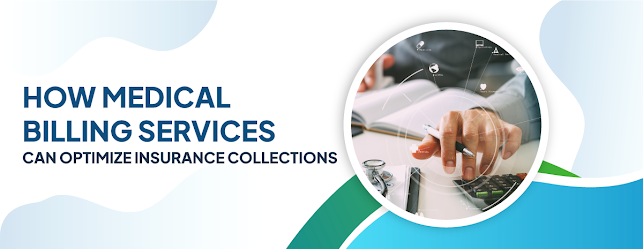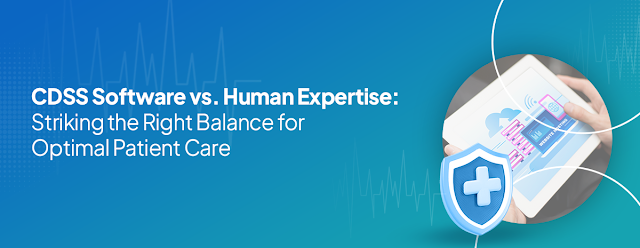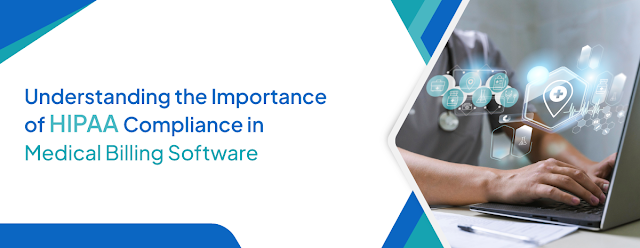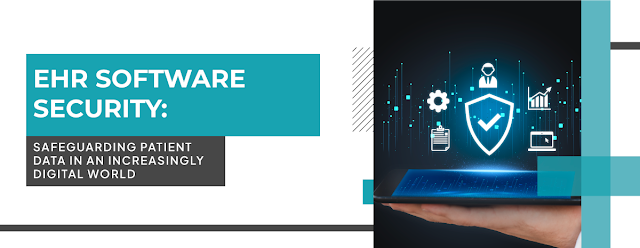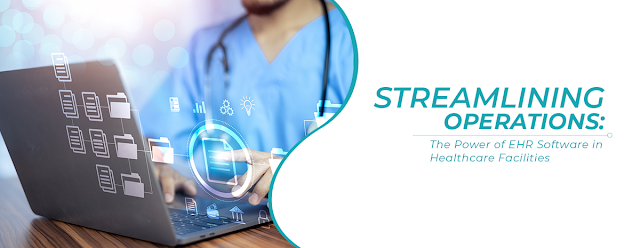The Role of Wearable Devices in Remote Patient Monitoring
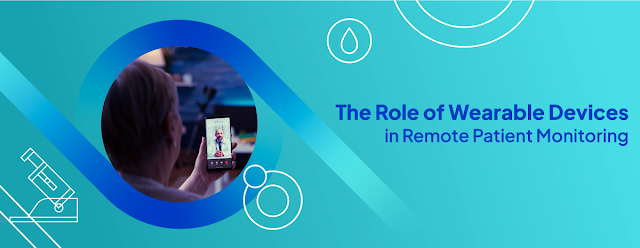
Wearable technology is not new. Although it seems it is a product of recent years, it has a rich history that dates to several centuries. Let us briefly understand a bit about wearable devices and how they have been helpful in Remote Patient Monitoring Services in the present times. The Evolution of Wearable Devices It can be safely said that one of the first wearable devices that humankind has known since the 17 th century is the pocket watch. More recently, in 2002, the Bluetooth headset marked the beginning when wearables started becoming more accepted. GoPro revolutionized wearable cameras in 2004, while Fitbit paved the way for wearable technology for health-conscious users. Today, wearable technology ranges from fitness trackers to smartwatches. They monitor aspects such as heart rate and sleep patterns. More advanced wearables include specific ECG monitors that even help track atrial fibrillation. The explosion in wearables, especially in recent times, has become possibl...
